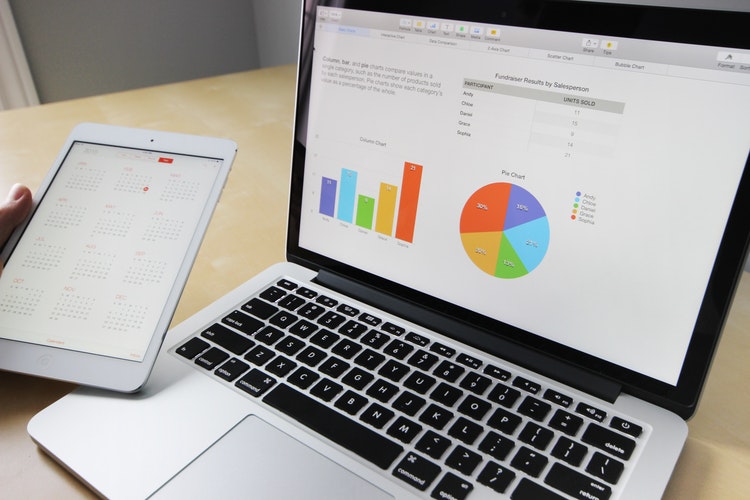Major, recent developments from the world of tech have reshaped much of the economy over the past few decades.
Of these new developments, two are having a particularly significant impact on how small businesses approach work.
“TThe internet of things (IoT), made of “smart” devices that connect to the internet, and automation are being increasingly used to collect data and simplify day-to-day tasks.”
Manufacturers and other small businesses in the industrial sector have been some of the biggest beneficiaries of this tech.
This is how small businesses are taking advantage of new IoT and automation tech — and how any small business can benefit from these new technologies.
The Impact of IoT and Automation on Small Businesses
Between 2014 and 2019, the number of businesses using IoT devices worldwide grew from 14% to 25%, according to data from McKinsey. That amount is likely to rise over the next few years — according to another industry estimate from the same source, the total number of IoT devices will grow to 43 billion by 2023, more than three times the number of devices that existed in 2018.
There is a wide variety of IoT devices. The best IoT investment will depend on your business’s needs.
For example, a business with a physical office space may benefit from tech like smart thermostats and smart light bulbs. Combined with the right platform, these IoT devices can automatically adjust a building’s temperature and lighting as needed. This can help you create the most comfortable office environment possible while using the least amount of energy — potentially making your office more sustainable.
A business with a physical storefront, on the other hand, may want to improve building security with IoT devices. Smart locks on doors and windows, internet-connected security cameras and even motion sensors can all work together to help you keep an eye on your building and prevent unauthorized access.
Even small businesses that rely heavily on remote teams can still benefit from IoT devices. Smart assistants — like Amazon’s Alexa or Google Assistant — can help employees and managers keep track of important meetings or events. Smart watches can help provide similar support in the form of an easy-to-access calendar or push notifications about new emails or messages.
IoT in Manufacturing and Industry
While much of the coverage of IIoT has focused on how sensor fleets can benefit Fortune 500 and 1000 companies, the technology can also make a significant difference in day-to-day operations for smaller manufacturers, as well.
Some small businesses involved in warehousing, manufacturing or related industrial sectors can also benefit from specialized industrial IoT (IIoT) devices. For example, one small manufacturer may use speed- or vibration-detecting IoT sensors to track the performance of the machines that they use in their factory.
Another might use AI-powered smart robotics to move important items around a warehouse.
Some industry professionals even argue that adoption of IIoT technology may be necessary for small manufacturers wanting to be acquired by larger businesses.
Frances Brundle, a specialist in the sale of lower middle market manufacturing companies, recently wrote in IoT Now that “strategic IIoT is applicable and beneficial to small companies and has a direct impact on the attractiveness and sales price when being acquired.”
For small businesses, IoT may be especially effective. In a small, 50-person shop, Brundle writes, the easy access to key information that IIoT sensors can provide could mean the difference between a successful job delivered on time and a delayed shipment.
This may be especially true for businesses that already rely on customized automated machinery. Automated machines ranging from simple fixtures to complex assembly line modules can be monitored with IoT sensors, allowing facility managers to track their performance and identify processes or equipment that may be slowing down work.
Using Automation to Make IoT Devices Even More Effective
Many IoT devices are built with automation in mind — developers of IoT devices often create platforms that can be used to remotely manage and automate an IoT fleet.
For example, the developer of a smart light bulb may create software that allows a user to adjust each of the lights at once, or create schedules that will brighten and dim them as the day goes on.
This platform could be used by an office or factory manager to keep their building well-lit while reducing unnecessary lighting costs.
Another business, one with a physical location secured using smart locks, may have those locks configured to automatically lock or unlock at certain times of day.
With the right platform, businesses can use data from IoT devices to learn more about factory workflows, or to automatically adjust factory processes to maximize productivity.
Other, more sophisticated platforms also exist. A growing number of IIoT devices — 21.3 million in 2018 — are used for factory automation, allowing the deployment of technology like autonomous mobile robots (AMRs) and predictive maintenance systems.
The data that IIoT fleets collect can also be invaluable for managers.
Typically, facilities will use several types of IIoT sensors to collect a wide variety of data that they can use to help uncover patterns, like the relationship between certain workflows and productivity.
For example, a factory may use a set of IoT devices for data-collection purposes — tracking information like how long it takes for certain items to be manufactured or the movement of raw materials around a facility. This data, processed by a central big data platform, can help managers detect bottlenecks in the layout of a facility.
The Future of IoT for Small Businesses
New IoT devices offer serious value for small businesses. Technology ranging from smart light bulbs to autonomous robots can help businesses automate offices and factories, identifying potential bottlenecks in business workflows and cutting down on resource waste.
As the number of IoT devices grows over the coming years, businesses and developers are likely to find new ways to apply IoT fleets in facility management and automation. These developments could make IoT devices even more useful for small businesses.










